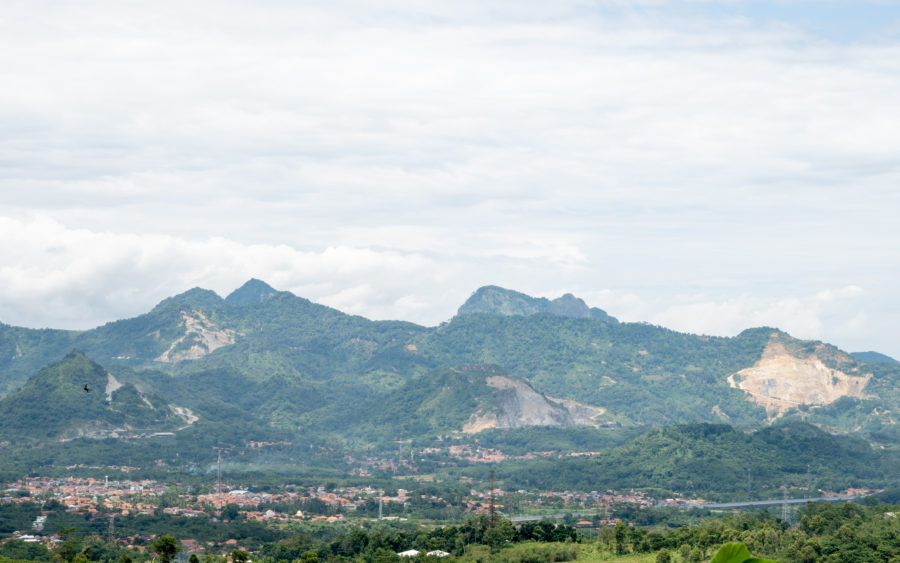Global vision for ‘green steel’
The vision for a cleaner, greener and more productive steel industry, moved a step closer with the recent signing of an agreement with a company in China to scale-up CSIRO’s dry slag granulation (DSG) technology.
Ten years in the making, DSG is smart Australian technology that harvests blast furnace waste and converts it into a granulated product to make cement – saving water, heat energy and greenhouse gas emissions in the process.
An agreement, signed in March 2015 by CSIRO and the Beijing MCC Equipment Research & Design Corporation, paves the way for the industrial scale demonstration and introduction of the DSG technology.
CSIRO Director of the Mineral Resources Flagship, Jonathan Law, hailed the agreement as a landmark for Australia-China research collaboration and planet-friendly steel production.
“Our collaboration is an exciting step towards the uptake of an innovation with real prospects of transforming the productivity and environmental performance of global iron smelting,” Mr Law said.
“If all steel production on the planet used dry slag granulation each year it could save the equivalent of 14 per cent of Australia’s energy use, 10 per cent of the nation’s greenhouse gas emissions, and enough water to meet a quarter of Melbourne’s residential water need.”
The DSG technology that is fitted to blast furnaces includes:
- a spinning disc and surrounding granulation chamber that separates molten slag into droplets under centrifugal forces,
- use of air to quench and solidify the droplets,
- extraction of a granulated slag product
- system to extract heated air.
To overcome the challenges of converting molten slag at 1400°C to uniform dry slag without the use of water, research group leader, Dr Mark Cooksey said the CSIRO team had to fine-tune the shape of the spinning disc and the surrounding chamber with a unique system for blowing in cool air, collecting granulated slag at the rim and piping out air at 600°C.
“The ‘glassy’ product is ideal for cement manufacture, and has significantly lower associated greenhouse gas emissions than cement produced by conventional methods,” Dr Cooksey said.
“DSG also saves water when compared with alternative wet granulation processes and avoids potential underground water pollution.
“The bonus is that the heated air extracted from the DSG process can be used onsite for drying, preheating or steam generation.”
In entering the collaboration with MCCE, CSIRO has recognised the R&D reputation of the Beijing-based company and its ability to scale-up the technology and introduce it into China – where 60 per cent of the world’s 300 million tonnes of iron blast furnace slag is produced each year.
Under the agreement MCCE is to scale-up and demonstrate the technology at industrial scale and, upon success, commercialise it in China and then potentially worldwide.
The agreement is the culmination of more than a decade of DSG technology development by CSIRO and industry partners including Arrium and BlueScope.
This work covered initial design and proof of concept stages through to the construction and operation of prototype DSG pilot plants at small, intermediate and large scales.
“DSG is just one of the CSIRO innovations in sustainable steel production and one of many solutions we have found for national and global challenges in the minerals industry,” Mr Law said.
“We’re exporting green technology to complement our raw material exports, which I think is a really good story for Australia and our role as a global citizen.”
Download images and video from http://www.csiro.au/en/News/News-releases/2015/Dry-slag-granulation
More News
{{ commodity.name }}
{{ post.title }}
{{ post.date }}




Comments